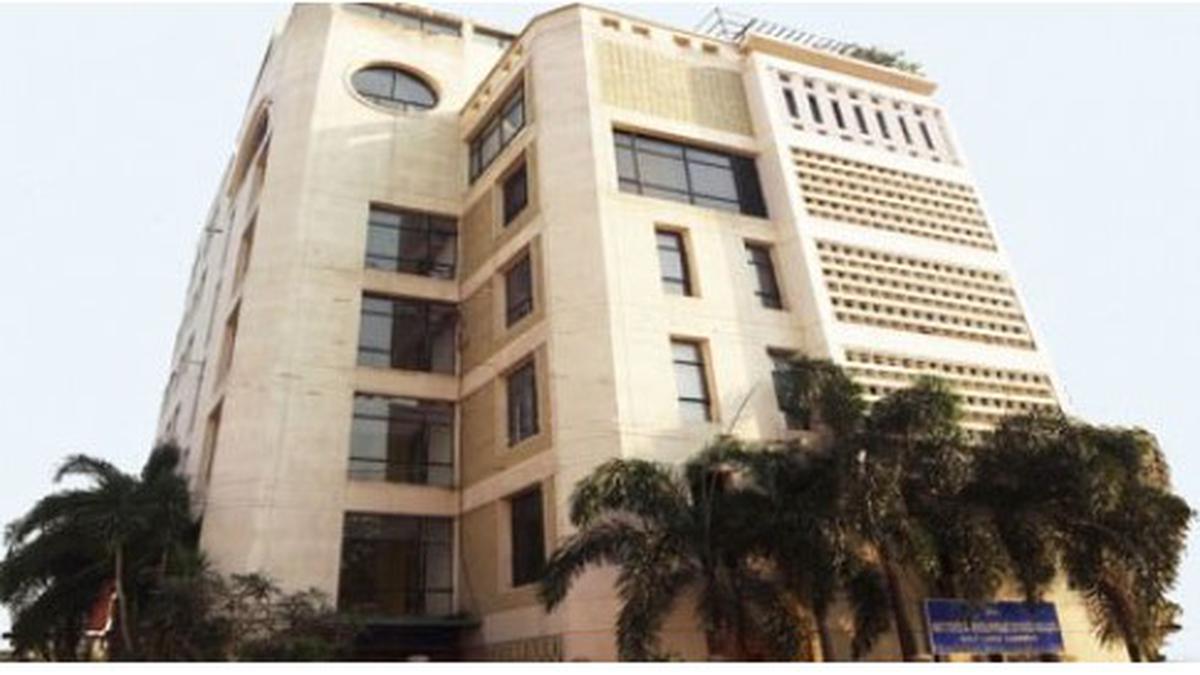
Bengal historians’ group continues to tell ‘real history’ to children
The Hindu
A group of women historians from West Bengal continues to bring out books for children to tell what they say is real history and not what’s being spread online. They are being published by the Institute of Development Studies, Kolkata (ISDK), under a series titled Itihase Hatekhari — hatekhari means chalk in hand, signifying a child’s initiation to learning — or first lessons in history.
A group of women historians from West Bengal continues to bring out books for children to tell what they say is real history and not what’s being spread online.
They are being published by the Institute of Development Studies, Kolkata (ISDK), under a series titled Itihase Hatekhari — hatekhari means chalk in hand, signifying a child’s initiation to learning — or first lessons in history. They first published three books in 2022, another three by the end of 2023, and plan to bring out three more in 2024.
“The response [to the first set of books] was overwhelming. Several writers and publishers showed interest in translating them into other regional languages. The Marathi translation is complete and should be published sometime this year. We have also given permission to a Kannada publishing house this week for the entire series,” said Anwesha Sengupta, who teaches history at ISDK and is anchoring the series along with Debarati Bagchi, a senior research associate with Max Weber Stiftung.
“Various government schools have used these books in interesting ways. Not only that, even in undergraduate level courses (elective), these books are being used, the most recent example being a course called ‘Understanding Historical Change: South Asia’, at the Fordham University,” Dr. Sengupta said.
The first set of books were titled Deshbhag or The Partition of the Country (by Anwesha Sengupta); Desher Bhasha or The Languages of Our Country (by Debarati Bagchi), and Desher Manush or The People of Our Country (by Tista Das).
The books to came out in 2023 were Nodir Chola or The Flow of River (by Debarati Bagchi), Chaer Dunia or The World of Tea (by Anwesha Sengupta and Supurna Banerjee) and Juddher Nanadik or Aspects of War (by Santanu Sengupta, a male teacher to join the panel of authors). The works have all been translated into English by Arunava Sinha.
“The purpose is to introduce the reader to the methods of history writing — using verifiable sources, contextualising them, etc. We also mention the sources at the end. At a time when everyone is a historian on WhatsApp and the boundaries between history and myths are blurred, we saw this as our responsibility as trained historians,” Dr. Sengupta said.











